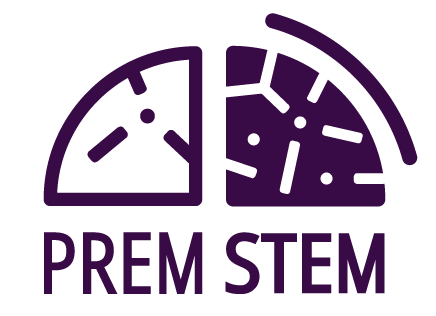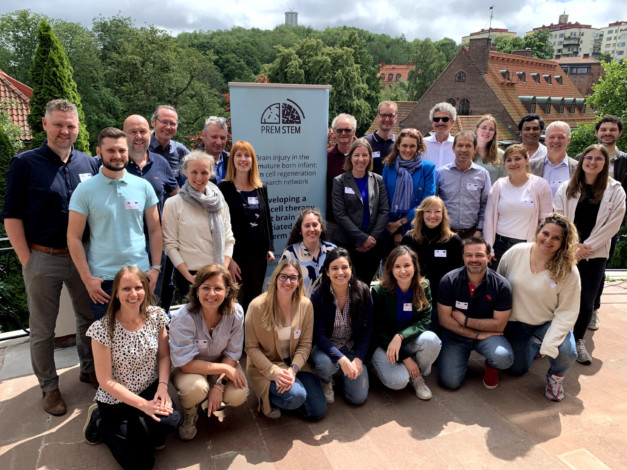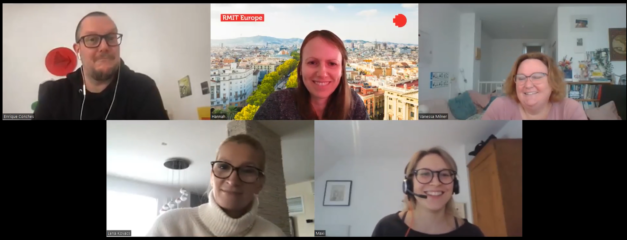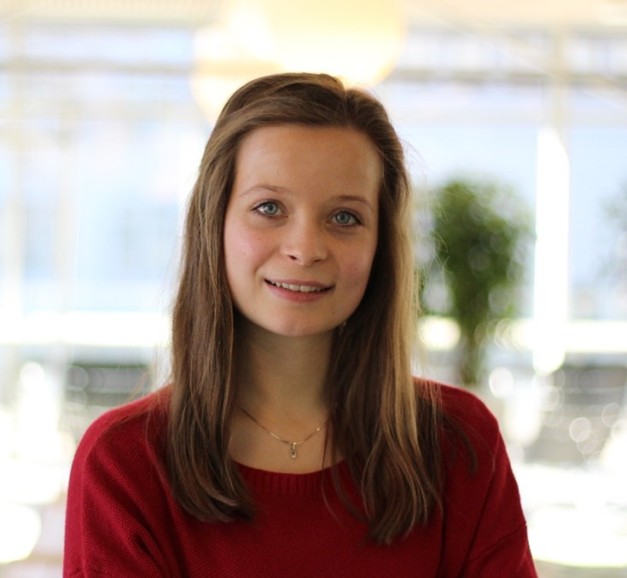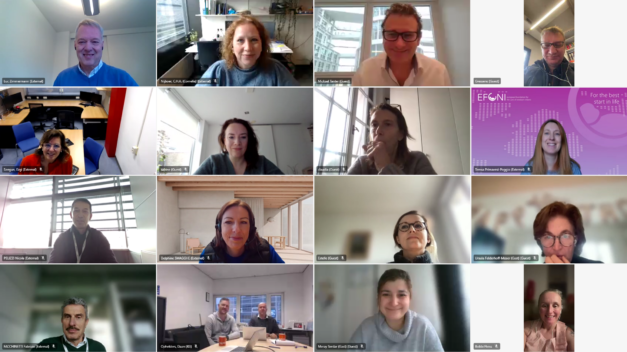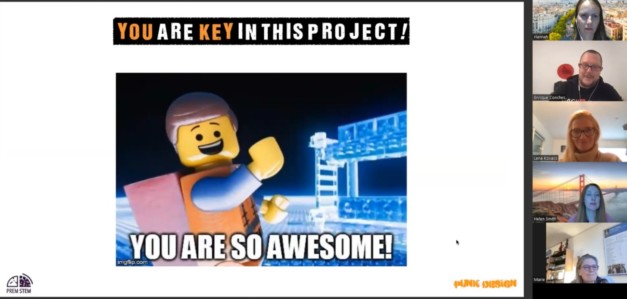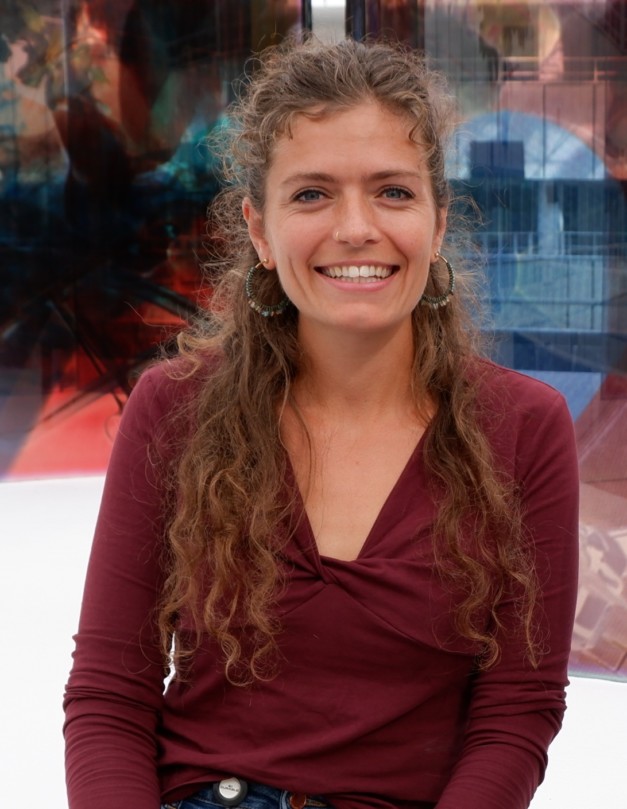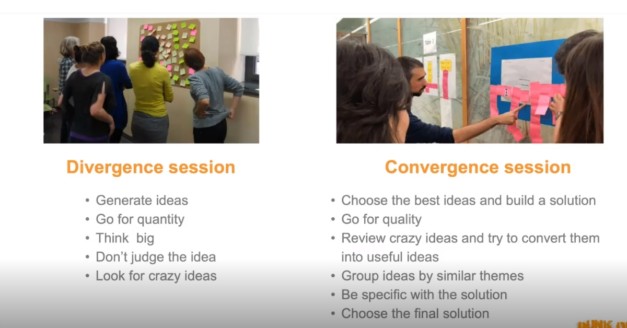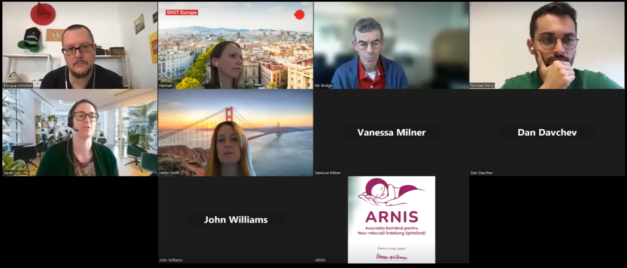2024 Annual meeting
The PREMSTEM team met in Gothenburg on 10 and 11 June 2024 for the annual in person meeting and Young Investigator Session. Thank you to Henrik Hagberg from the University of Gothenburg for his hard work to host the PREMSTEM consortium in Sweden while also organising the biannual Hershey Conference on Developmental Brain Injury that started the day after. Besides hearing comprehensive updates from each work package leader, we also listened to a presentation from the Chiesi team about the road to clinical trials and got an update from RMIT Europe about the PREMSTEM final conference which is currently in the planning. Some key points from the discussions at the annual meeting: Our next meeting will be held in 2025 before the final conference in Barcelona.
Our co-creation journey comes to an end
In our final workshop, we co-designed solutions to two more issues which came up in interviews with parents
Introducing Lotte Smeets
Lotte is a PhD student at the MERLN Institute and the Department of Paediatrics at Maastricht University
PREMSTEM meeting February 2024
In our first consortium online meeting of 2024 we discussed scientific progress and future planning
Co-creating the final steps of the roadmap
The roadmap prototype aims to improve the clinical trials experience for families
End of year message
It’s been another busy year for the PREMSTEM team in which we also had our first project review meeting with European Commission representatives and external reviewers. We received positive feedback and comments related to how the project is progressing. To wrap things up for 2023, I’m happy to provide a short summary of some of our key activities. Scientific progress In the fourth year of the project we’ve made great strides in our scientific work and continue to see interesting results as we continue to investigate the potential of using stem cells from umbilical cord tissue to treat brain injury related to preterm birth. The Maastricht University team is tracking where stem cells end up in the small animal model by labelling them with gold nanoparticles. They are also tracking mitochondria to see how long stem cells survive. Analysis of the effectiveness of the stem cell treatment will be…
Final co-creation workshop of 2023
In this workshop we popped on our magical hats and continued to co-design a parent journey roadmap to aid communications and improve the experience of a clinical trial.
Introducing Valéry van Bruggen
Valéry is a PhD student at the University of Maastricht working with Professor Tim Wolfs and Assistant Professor Daan Ophelders
Co-creating the parent journey
In this session we began building a parent journey roadmap, taking into account interview insights.
Insights from co-creation interviews
In 2023 we have been learning more about clinical trial experiences through interviews with key stakeholders.
